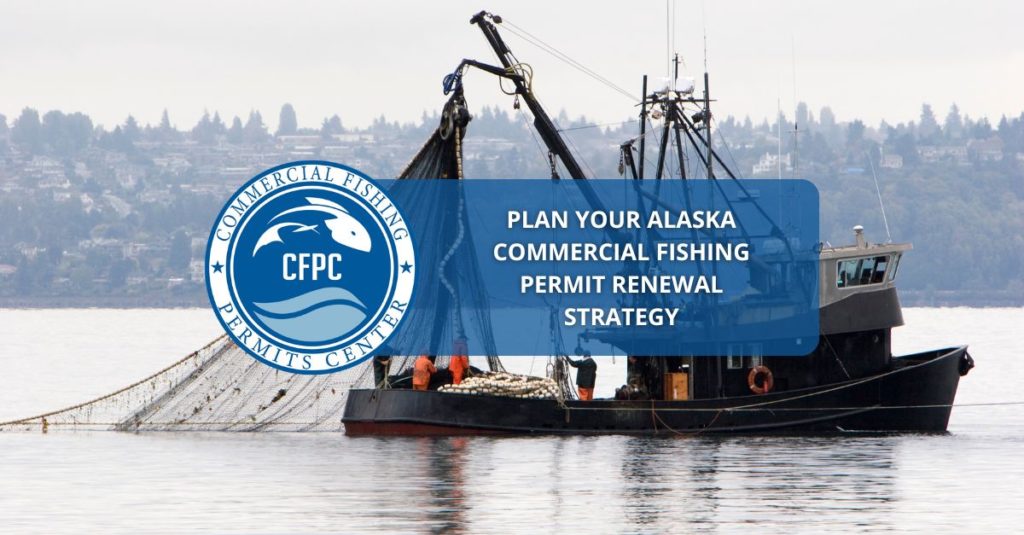

Many that era is appealing to you, and maybe it isn’t - but you need to find that out. Obviously not all reenactment guilds focus on WW2 reenactment. All hobbies and interests are like that to some degree, so get ready to dive right in.įirst off - and we need to clarify- you need to settle on a time period. So if you’re thinking about getting involved in reenactment or taking it up as a hobby, don’t get intimidated by how much there is to learn. Those that forget the past are condemned to repeat it, they say, and reenactmemnt, such as WW2 reenactment, serves as a humble reminder of the past, as well as the sacrifices that so many made to get us where we are. Learning from the reenactment cases in the emerging fields of theater, film, TV production, museum, and new media technology, conservation must seek to create a challenging way of storytelling which embraces unpredictability, multiple points of view and the role of memory to identify thereby offering an even more complex interpretation of history in the future.Reenactment in all its forms is a great way to get involved, to meet other people with the same interests as you, and most importantly, to reconnect with history. In my thesis research I have discovered other modes of reenactment beyond the traditional historical modes and have organized them according to four driving parameters of 1.) time, 2.) spectatorship, 3.) stimulation, and 4.) continuity. My thesis is that historical reenactment can serve as a variable alternative to the present static form of preservation but like preservation, historical reenactments as a form of conservation will also reinforce identities and distribute power. Reenactment is a symptom of this failure. New forms of reenactment appear at a time when the uncritical preservation of place fails to function to preserve any “authentic” memories of place, or the identities of groups.


Historical reenactment has long existed-from the Christian church’s communion re-enacting the Last Supper to Boston’s Tea Party. Reenactment asserts that the conservation of any history is grounded through a narrative which embodies a play of power and identity. Contemporary types of reenactments challenge the prevalent view that conservation is primarily about an event like a monument, or any object.


 0 kommentar(er)
0 kommentar(er)
